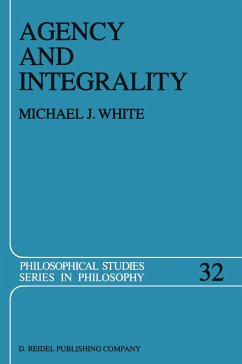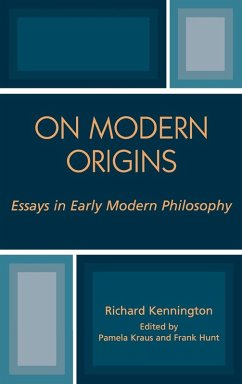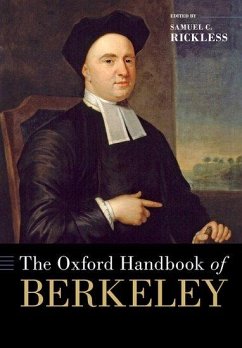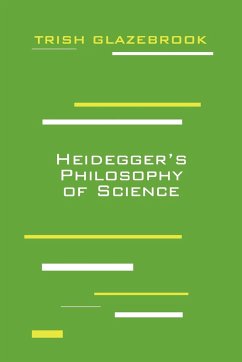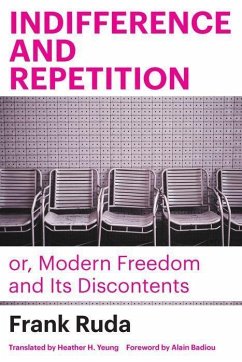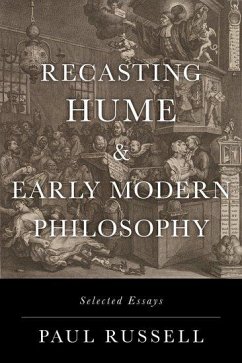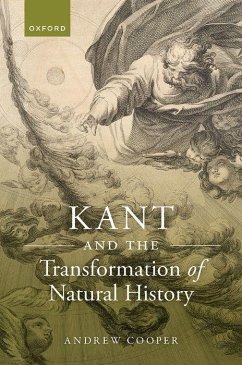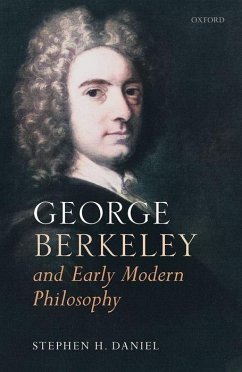
Kant on Freedom and Rational Agency
Versandkostenfrei!
Versandfertig in über 4 Wochen
117,99 €
inkl. MwSt.
Weitere Ausgaben:

PAYBACK Punkte
59 °P sammeln!
Markus Kohl presents a new interpretation and rational reconstruction of Kant's doctrine of freedom. He shows how Kant defends the belief that we are free from both natural and super-natural causes as a presupposition of all meaningful human activity. And Kohl explores the role of freedom in Kant's accounts of morality, cognition, and aesthetics.




